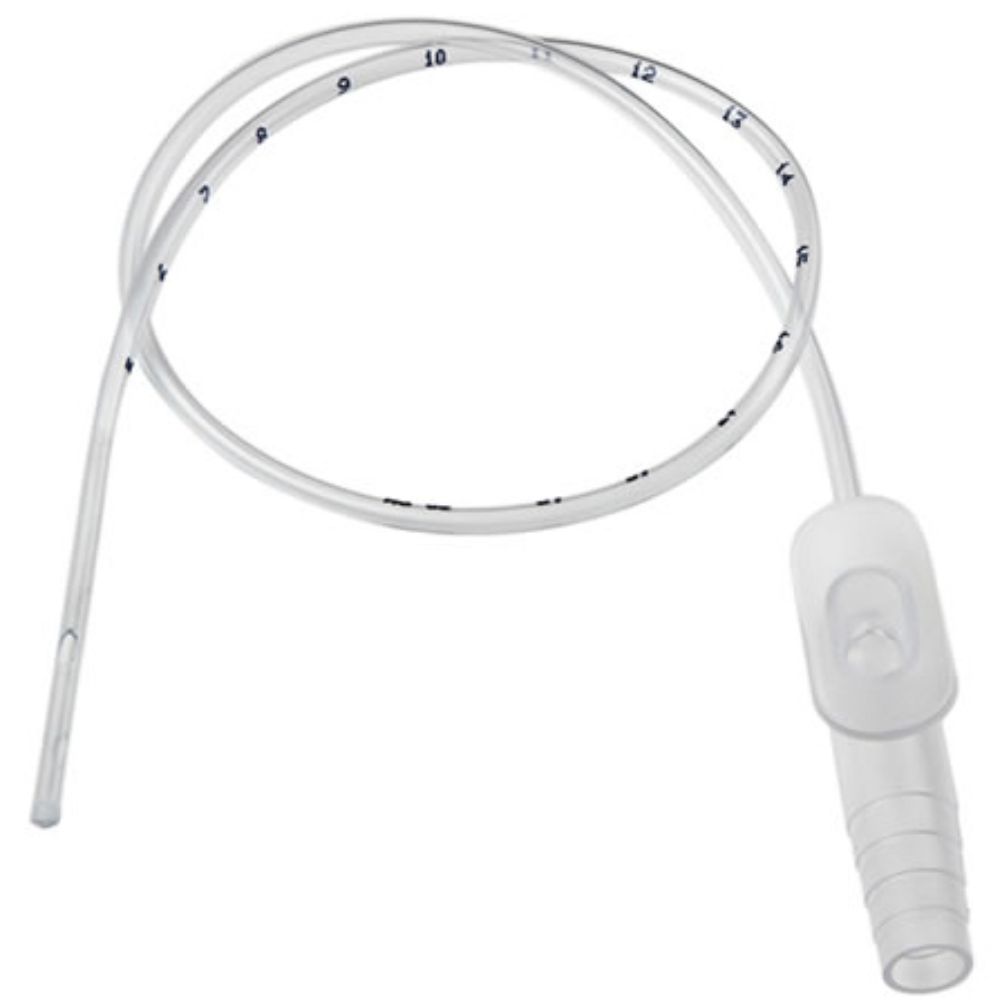Effective Engines: The Significance of Suction Regulator Care
Caring for your vehicle’s performance is crucial, and one often overlooked component is the SCV. This compact yet significant part plays a major role in the effectiveness of the engine of your vehicle, managing the currents of the air-fuel mix to enhance combustion. A properly working suction control valve makes sure that your engine runs smoothly, boosts fuel efficiency, and minimizes harmful emissions. However, ignoring maintenance can lead to a number of problems that may affect engine performance and longevity.
Comprehending how to service the suction control valve can spare you time and money in the long run. Regular maintenance and timely interventions can avert trivial concerns from developing into significant repairs. In this article, we will discuss practical maintenance tips that all car owners should adhere to to maintain this essential component in top shape, ensuring your engine operates efficiently and reliably.
Understanding Suction Control Valves' Functionality
Suction control valves play a crucial role in the functioning of diesel engines, specifically in managing fuel supply and optimizing engine performance. These valves are designed to regulate the quantity of fuel that goes into the fuel injection system, thus ensuring that the engine receives the necessary amount of fuel based on its operational demands. By controlling the suction pressure within the fuel system, they help boost engine efficiency and minimize emissions, making them essential components for current vehicles.
Over time, suction control valves can become contaminated or damaged, leading to complications such as ineffective fuel delivery, decreased engine performance, or even total engine failure. Regular maintenance is essential to stop these problems and to ensure that your vehicle operates efficiently. This involves checking the valve for signs of wear, removing dirt from it as required, and replacing it if it exhibits serious deterioration. Keeping the suction control valve in good condition helps ensure effective fuel system function and overall engine health.
Properly understanding the mechanism and maintenance of suction control valves can allow vehicle owners to take active steps in maintaining their engines. Resolving any issues with the valve promptly can not only prevent costly repairs down the line but also lead to improved fuel efficiency, decreased emissions, and a more resilient vehicle. Therefore, it's essential to stay educated about the importance of this element in your vehicle's performance.
Value of Routine Maintenance
Consistent maintenance of your vehicle's suction control valve is vital for peak engine performance. This component plays a crucial role in regulating the level of air and fuel mixture going into the engine, thereby impacting efficiency and power output. Neglecting the maintenance of the suction control valve can lead to issues such as low fuel economy, increased emissions, and reduced engine responsiveness.
Another key reason to prioritize the maintenance of the suction control valve is to avoid high repairs down the line. A faulty valve can cause additional pressure on the engine and other related systems. By ensuring that the valve is well-maintained and functioning effectively, you can eliminate the possibility of more severe engine damage that can result from long-term neglect, saving both time and money.
Finally, regular checks and servicing of the suction control valve can extend the overall lifespan of your engine. A well-maintained valve helps in achieving a balanced air-fuel ratio, which is important for smooth engine operation. This not only enhances to superior performance but also improves the stability of your vehicle, giving you peace of mind on the road.
Typical Challenges and Solutions
One frequent issue with the suction control valve is blockage due to dirt and particles that can accumulate over time. This can restrict airflow and lead to decreased engine performance. To tackle this, periodically inspect and clean the valve during service checks. Using compressed air can help remove any blockages, guaranteeing the valve functions smoothly.
Another problem often encountered is incorrect calibration of the suction control valve, which can result in inaccurate fuel delivery to the engine. If you notice poor acceleration or stalling, it is advisable to have the valve evaluated for proper calibration. If misalignment is detected, professional recalibration or replacement may be necessary to restore ideal engine efficiency.
Finally, wear and tear can lead to fractures or leaks in the suction control valve. This may cause engine stutters or unexpected noises. Performing routine visual inspections can help identify these issues early. If any damage is noticed, replacing the valve is the most effective solution to avoid further engine complications.
